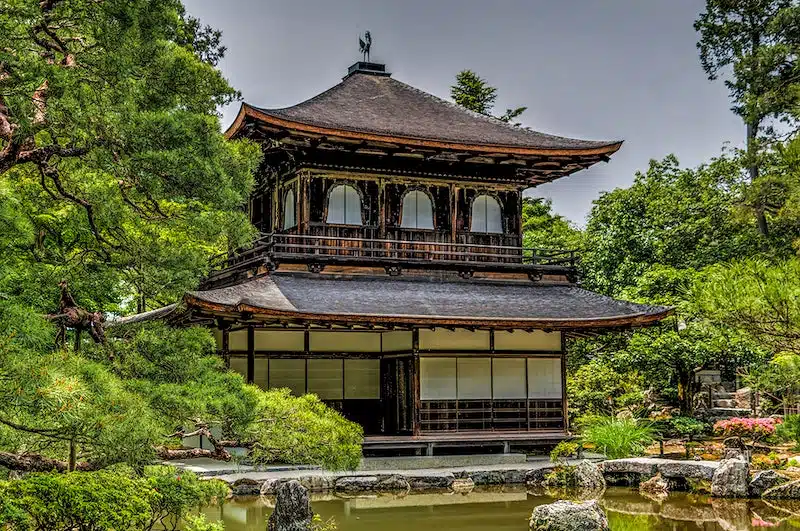Posted inQuestion about Japan
Did Japan ever apologize for ww2?
Japan has issued a number of statements and gestures that could be interpreted as apologies for its actions during World War II, including the significant Murayama Statement and Kono Statement. However, Prime Minister Shinzo Abe's controversial views on Japan's role in the war have led some to accuse him of downplaying Japan's past actions and failing to offer a clear apology. The question of whether Japan has apologized adequately for its actions during the war is complex and controversial, with implications for how Japan is perceived today and its relations with neighboring countries.



